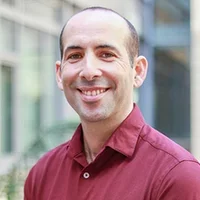Faculty
Genomic Analysis Training Program Faculty
Bioinformatics
UCLA Bioinformatics research operates at the interface of computer science, biology, and mathematics to address the fundamental challenges of contemporary genomic-scale research. UCLA offers an Interdepartmental Bioinformatics PhD.
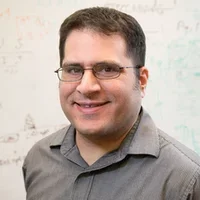
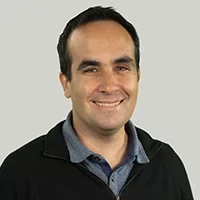
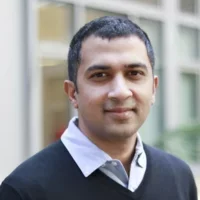
Ethical and Community Issues
UCLA has taken a leading role in studying the ethical and social issues that must be an integral part of the current revolution in genetics. UCLA is home to the Institute for Society and Genetics, which provides direction for the co-evolution of science and humanities by promoting innovative and socially relevant research and education.
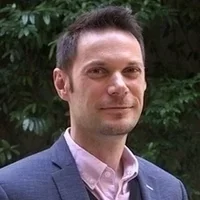


Genomic Technologies
Laboratories at UCLA are at the forefront of developing many of the technologies crucial to the future of genomics. Students trained in genomic technologies are expected to gain insight into potential applications and to develop novel technologies themselves.
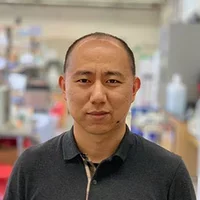

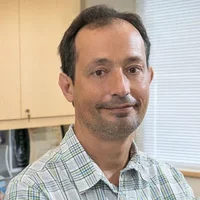

Medical Genetics
The investigators in this area are at the forefront of disease gene mapping and clinical genetics. Their studies run the gamut from major genes in rare Mendelian traits to modifier genes in common complex disorders, and from large pedigrees in genetic isolates to case/control samples from outbred populations. Students working with these mentors will be extremely well-equipped in human genetics and genetic epidemiology.

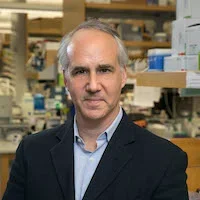
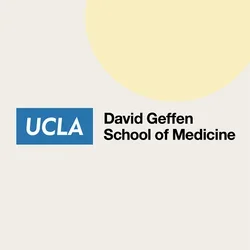





Model Organisms
Model organisms have been applied very successfully by participating faculty at UCLA in identifying genes contributing to many disorders. Several disease predisposing genes have been cloned, and a unique resource of genome tagged mice is available for mapping new genes and testing their interactions. Because animal models are proving crucial to mapping genes and functional analysis for complex traits, students working with faculty in this area will be well positioned for future careers in either mouse or human genetics.






Population Genetics

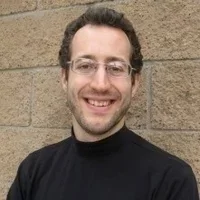

Statistical Genomics
UCLA has one of the largest and most productive groups of statistical geneticists in the world. Trainees are exposed to a rich environment fostering statistical modeling, algorithm development, and genomic data analysis.



Systems Genetics
Systems genetics analyzes the many networks (gene regulatory, molecular, cellular, and physiological) that transmit genetic information into complex traits, including common diseases. It often examines intermediate molecular structures, such as transcript and protein or metabolite abundance, to understand the bridge from genotype variation to the variety of observed phenotypes.
